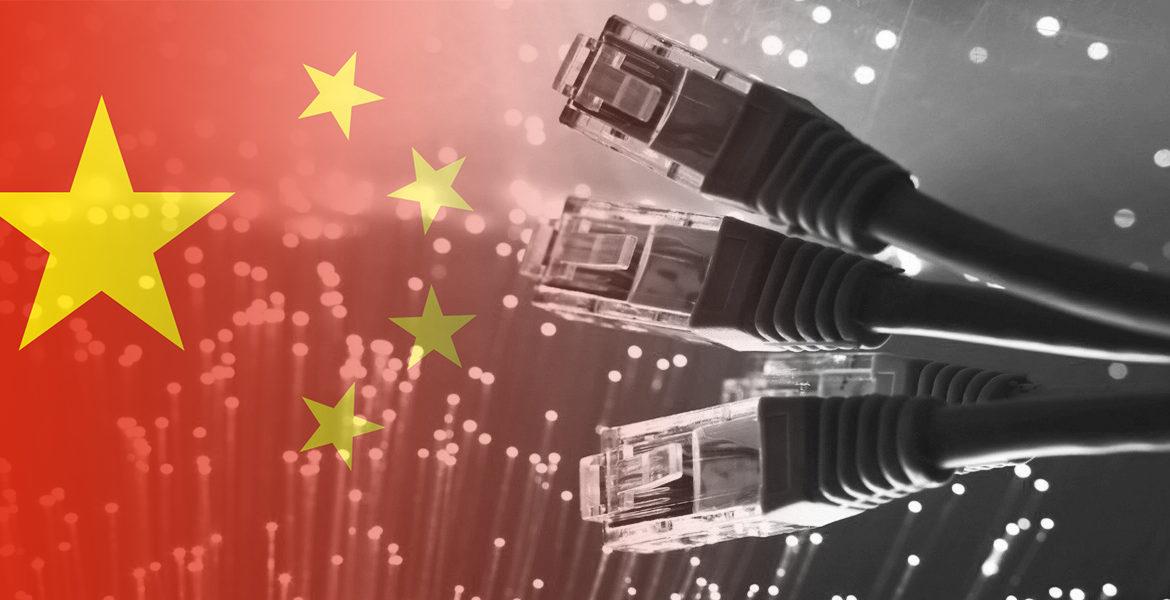I came back from China.For many of my friends is not a novelty.I bombed them on Facebook with dozens of pictures from the big Chinese wall, forbidden city, Beijing, Shanghai or other places in China that I visited during a visit to the Secretariat for China-Cee Country cooperation 16+1(ie those in EU members in Eastern Europe and those in the Balkans).It was a delegation dedicated to journalists in the project launched by China a few years ago called Belt and Road Initiatives.
I will not kill you with the details that this is not the goal but it is honest to remember and who facilitated this experience of me from which I can tell you something now.I reminded of Facebook earlier and you all know that accessing this platform in China is blocked.One is to know the other is to leave Bucharest with a nexus phone, well connected to Google, Facebook, Instagram, Dropbox, Mapsi to other facilities that we access as an automatism..I was warned that it would be smart on my part to install at least one Wechat (a kind of Facebook Messenger) before leaving for China.
So I landed at Beijing, with some huge roaming costs and any app -known app, blocked.I was looking at Wechat as an application specimen and with the hope that the two contacts I had there will be able to be accessible from the Wi-Fi airport.To my stupor connecting to the net at the airport can be done free for Wechat, and in the rest with many restrictions.
The burden of Wi-Fi networks
That's how my adventure began in the world of Chinese Internet.The first days were deplorable.Any Wi-Fi network had blocked everything Google or Facebook, and networks were going much harder than in Bucharest.It was not a novelty to me, that our net is envied by all the planet Earth.There is no public bar or place through Bucharest or big cities where there is no open or accessible Wi-Fi network without too many questions and at a very good speed.In China things are different - more like Western Europe!Wi-fi of lower power, net weaker, passwords and restrictions.

In addition to passwords through London or Barcelona, you still needed to connect, to receive access to a system that sent you back an access code.If in spaces like airports or hotels could either not be forced to access the system, or you had an option to enter an international number, in the other public places you needed a number of China.So when I went to Starbucks for the first time in Beijing and I tried to access the Internet on their network, the barista helped me with an access code on his phone number.
How different the Internet world of China is
As I told you the first days I felt a little depressant and I was pitying them by considering them in the stone age, until talking to someone of the organizers I realized that things were completely different..China, a huge market with a population totaling 1/5 of that of the globe, actually has a world of the Internet as performing as ours, only that completely unknown to us.Wechat, Baidu, QQ, Qzone and other applications replace the ones we know in some areas are even more intuitive than the ones we use.QQ is a kind of gmail, with stora areas in the cloud and with all kinds of applications similar to the ones we know as coming from Google.Then Baidu and less bing are the main search engines in Asia.
Baidu, is really for the common Chinese, Korean and Japanese market.Wechat is even a monster in this area with almost 1.000.000.000 users who are not only conversed as in Facebook Messenger, but use the app as an electronic wallet.You can't believe how many traders have installed besides the payment by card payment with QR Code, including Western brands such as Starbucks.You want a coffee, select it from the menu on the site, display it separately with a QR code that the cashier scans.Money is withdrawn from your virtual pocket from Wechat.
Also, if you want to rent a bicycle, in any city of China, scan with Wechat QR Code applied to the bicycle and receive the bike, at the same time pay the symbolic fee of 1 RMB (Yuan) per day.During the days I observe the organizers how they do everything from/ with the mobile: reservations, rent, video messages, voice messages, payments, confirmations.We enter museums or other places after a click and a beep near a device and many many things we do, only using applications other than they.
Their net, so "protected" by some of our applications, has its form of development as innovative as we know here.The media trusts visited presented us applications and software they use in video graphics that would certainly arouse envy in any large editorial of a European television.
But my problem was not solved only with admiration for their net, but I resorted to a common variant of the expans of this part of the world-the installation of a VPN.Because Play Store could no longer be accessed, and Baidu didn't help me - being in Chinese, I resorted to a direct download from a friend in Bosnia.After I installed it, I realized that the Internet speed is somehow common to that of Western and US countries.So my lesson is ... Go prepared in China and be ready to be impressed!
